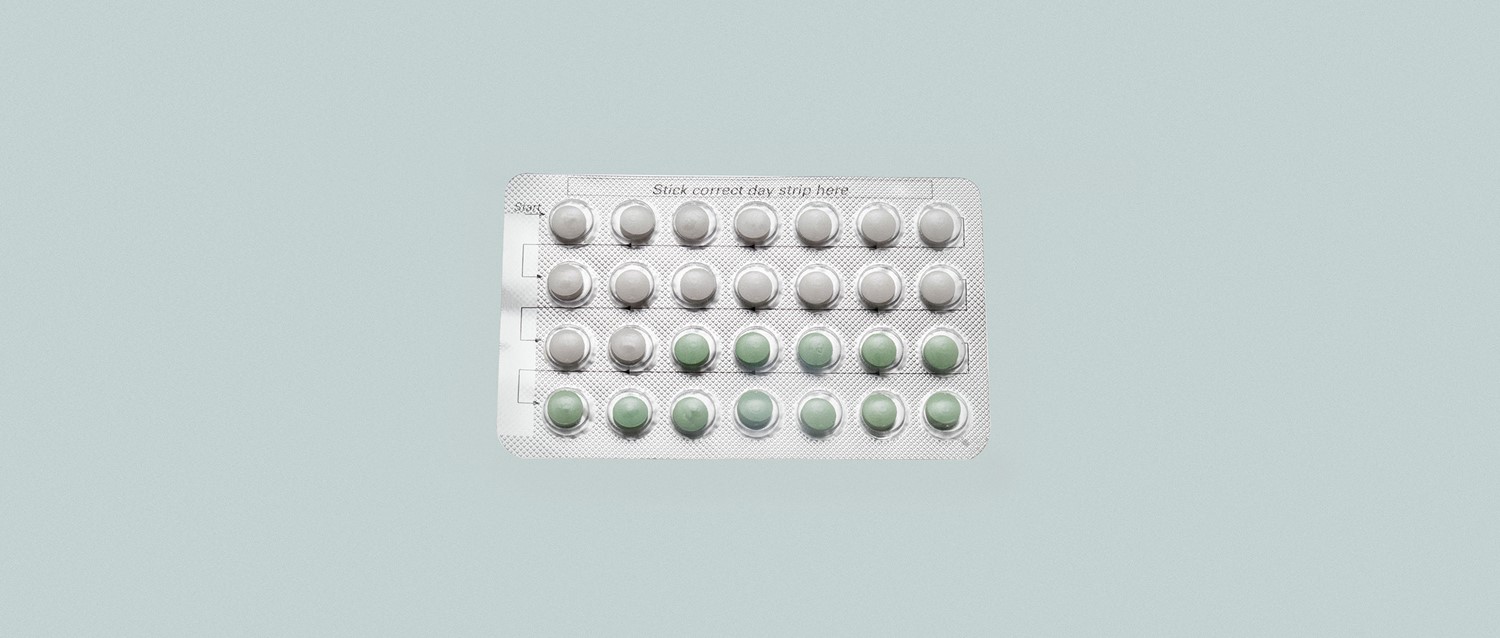
How to have great sex during and after the menopause
Peer reviewed by Dr Colin Tidy, MRCGPLast updated by Lawrence HigginsLast updated 25 Jan 2026
Meets Patient’s editorial guidelines
- DownloadDownload
- Share
- Language
- Discussion
As we age, our body inevitably changes, and some of these changes can affect self-esteem and sexual desire. But menopause doesn't have to mean the end of sex. Many couples enjoy an active sex life into older age and some say it even gets better.
Here we discuss our tips for having great sex after the menopause.
Sign up for our free 10-week Menopause course!
Each week, we'll explore different topics to help you better understand and navigate your menopausal journey, including HRT, diet, exercise, and mental health.
By subscribing you accept our Privacy Policy. You can unsubscribe at any time. We never sell your data.
In this article:
Sexual desire
It's usual for your sex drive to vary throughout your lifespan. There is no 'recommended' frequency for sex. This is a choice that's personal for you. However, sexual desire may decrease when you reach menopause.
The hormones oestrogen, progesterone, and testosterone are all important in sexual desire. Falling hormone levels around the time of the menopause can result in middle-aged spread, hot flushes, and drier skin - all of which can erode your sex drive (libido). Sleep can also be disturbed, and a lack of energy can also contribute to.
But we can't blame hormones alone. At this stage in life, a woman may be juggling a job, a marriage, and teenagers - often a recipe for increased stress levels that can put tension on a relationship.
Dr Heather Currie, Trustee of the British Menopause Society and founder of Menopause Matters says: "It is common to lose interest in sex around the time of the menopause as hormone levels fall. This is often temporary, and being able to talk things through with an understanding partner may be all that's needed.
Other symptoms of the menopause can also indirectly contribute to a reduced libido, such as flushes, sweats, tiredness, and mood changes. To treat these symptoms, HRT - which aims to top up oestrogen levels throughout the body - can be considered."
Communication is key
Back to contentsIt's important to be open with your partner and discuss how you're feeling and what your needs are. Make time for each other by going on dates or having quality time together. Feeling loved, desired, and secure is a core part of sexual relations. Remember, sexual intimacy does not always mean penetrative sex - it can be kissing, massage, and oral sex too.
Continue reading below
Hormone help
Back to contentsFor some women, systemic - meaning circulating in the blood around the body - hormone replacement therapy (HRT) can help with the troublesome symptoms of the menopause, reducing overall distress and, in turn, boosting sex drive.
HRT is either given in systemic form, usually as tablets or patches, absorbed into the bloodstream, or topically - as vaginal creams, or pessaries. Your doctor can talk you through whether this might be an appropriate option for you.
Due to its active role in libido, some studies suggest that additional testosterone replacement may have a benefit on improving sex drive in menopausal women. Testosterone is produced by the adrenal glands and the ovaries, and levels start to fall from middle age.
A type of tablet HRT called tibolone, suitable for women whose periods have stopped, may increase testosterone-like activity in the body. Other forms of testosterone are usually in the form of a gel that you apply topically.
In the UK, the National Institute for Health and Care Excellence (NICE) guidance suggests testosterone's use for women with low sexual desire in whom HRT has failed. However, there are potential risks associated with androgen replacement and its use remains controversial. Currently, there are no licensed products for testosterone replacement and it's not routinely recommended.
Dealing with vaginal dryness
Back to contentsA fall in oestrogen from menopause can affect the tissues of the vagina, making them less moisturised and elastic. This can lead to vaginal dryness and discomfort, which can make sex painful - a condition known as atrophic vaginitis.
A survey by 'Menopause Matters' demonstrated that around 1 in 2 menopausal and postmenopausal women have vaginal issues, but very few feel able to talk about them with their doctor or partner. For many, these symptoms can have a big effect on their sex life.
Try a lubricant
"A number of treatment options are available for vaginal dryness. However, women are encouraged to try self-help options first before seeking medical advice," says Currie.
"Regular use of vaginal moisturisers and lubricants applied to your vulva, vagina or your partner's penis to keep the vagina moist can help reduce dryness and discomfort. It is important to remember, however, that oil and petroleum-based products can damage latex condoms and irritate your vagina."
Water-based or silicone-based lubricants are recommended. Vaginal moisturisers such as Sylk and Replens can also be effective. To help treat the effects of a lack of oestrogen, topical oestrogen treatment can also be of benefit. Oestrogen creams, pessaries, or a vaginal ring can be used to replenish the tissues and provide relief. The dose of oestrogen is so small it does not carry the same risks as the higher-strength systemic HRT. In fact, topical oestrogen creams can be purchased at the pharmacy.
Continue reading below
Your pelvic floor
Back to contentsIn addition to vaginal dryness and discomfort, some women may experience other urogenital symptoms with the menopause. Declining hormone levels can contribute to laxity of the pelvic floor. This can result in issues such as pelvic organ prolapse, needing to pee often or urgently (stress urinary incontinence or urgency) and recuring urinary tract infections (UTIs). All of these can present potential barriers for sexual relations.
What can help
The use of topical oestrogen creams or pessaries may help to alleviate urinary symptoms such as incontinence and needing to pee and have also been shown to have a positive impact on recuring UTI.
Pelvic floor exercises can help to strengthen the muscles supporting your vagina, bladder, and bottom - improving symptoms such as stress urinary incontinence, and pelvic organ prolapse. They can even make sex feel better too!
Benefits after menopause
Back to contentsIt's not all bad news for your sex life after the menopause. Middle age has its benefits too.
Sexual freedom
Older children may have fled the nest and you no longer have to restrict sex to a tight window when the kids are in bed. You are free to have sex whenever and wherever you like.
Goodbye to bleeds
Menopause is when you have not had a period for 12 months - so you are free from periods forever. Time to say goodbye to years of periods pains, tampons, and sanitary towels. Many women in the menopause find that the absence of menstruation actually increases their sexual desire.
No pregnancy fears
if you are aged over 50, you can stop using contraception one year after your periods stop. If you are aged under 50, you will have to wait two years.
Patient picks for Menopause and HRT

Hormones
How to manage skin issues at menopause
Falling oestrogen levels at menopause can cause skin changes such as dryness, loss of elasticity, dark spots, breakouts, and slow wound healing. However, with the right care it is possible to reduce these effects. Here we show what you can do help your skin through this time of change.
by Lawrence Higgins

Hormones
What's behind the HRT shortage in the UK?
Women across the UK are struggling to get hold of their hormone replacement therapy prescriptions due to ongoing manufacturing and supply issues.
by Milly Evans
Article history
The information on this page is peer reviewed by qualified clinicians.
Next review due: 24 Jan 2029
25 Jan 2026 | Latest version
9 Feb 2018 | Originally published
Authored by:
Dr Anna Cantlay, MRCGP

Ask, share, connect.
Browse discussions, ask questions, and share experiences across hundreds of health topics.

Feeling unwell?
Assess your symptoms online for free
Sign up to the Patient newsletter
Your weekly dose of clear, trustworthy health advice - written to help you feel informed, confident and in control.
By subscribing you accept our Privacy Policy. You can unsubscribe at any time. We never sell your data.